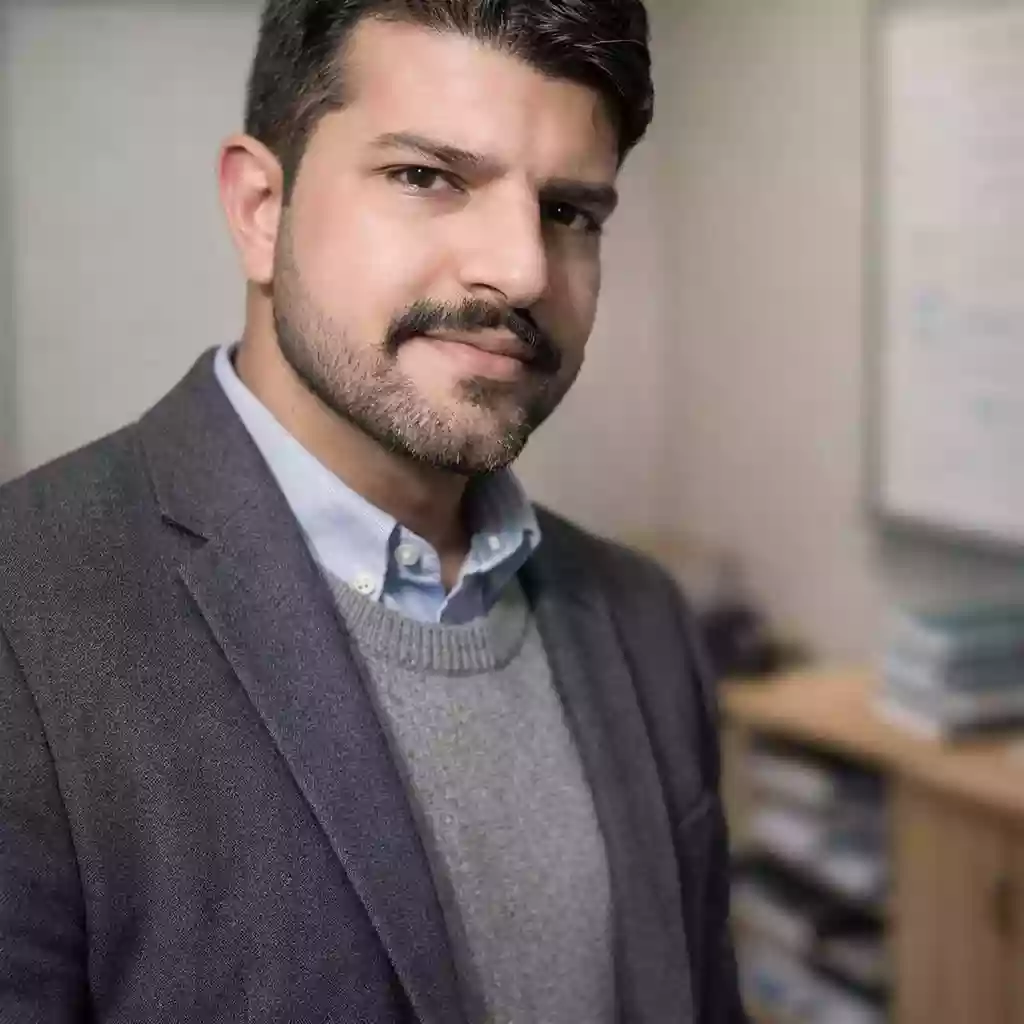 Anxiety disorder is a common mental health problem that affects how we feel, think, and act. Everyone feels anxious sometimes. But for some people, anxiety becomes a daily struggle. It can make everyday tasks hard and can affect school, work, or relationships. This guide will explain what anxiety disorder is, its symptoms, types, causes, and easy ways to manage it.
Anxiety disorder is a common mental health problem that affects how we feel, think, and act. Everyone feels anxious sometimes. But for some people, anxiety becomes a daily struggle. It can make everyday tasks hard and can affect school, work, or relationships. This guide will explain what anxiety disorder is, its symptoms, types, causes, and easy ways to manage it.
What Is Anxiety Disorder?
Anxiety disorder is when fear or worry happens often and doesn’t go away. It can make your heart race, make it hard to breathe, and cause you to overthink. These feelings are not always tied to a real problem. They just appear, sometimes for no clear reason.
Can I Live a Normal Life with Anxiety?
Yes, many people with anxiety live normal and happy lives. With the right help, you can learn how to manage your anxiety. Talking to someone, using relaxation techniques, and building a healthy routine can make a big difference.
5 Common Symptoms of Anxiety Disorder
Anxiety can show up in many ways. Here are five signs that someone may have an anxiety disorder:
Physical Symptoms
Fast heartbeat
Sweating
Dry mouth
Muscle tension
Shaking or trembling
Emotional Symptoms
Feeling nervous or on edge
Fear without reason
Difficulty in thinking clearly
Irritability
Worrying too much about the future
Types of Anxiety Disorders
There are different types of anxiety disorders. Each one has its own symptoms.
Generalized Anxiety Disorder (GAD)
People with GAD worry all the time. This worry is not about one thing. It could be about money, work, school, or family. Even if nothing is wrong, they still feel nervous or afraid.
Obsessive Compulsive Disorder (OCD)
This is when people have unwanted thoughts (obsessions) and feel the need to repeat actions (compulsions).
Forms of Obsessions
Fear of germs or dirt
Thoughts about harming oneself or others
Constant doubt or worry
Forms of Compulsions
Washing hands many times
Checking doors or locks over and over
Counting or arranging things in a certain way
Panic Disorder (PO)
People with panic disorder have sudden fear attacks. These are called panic attacks. They can come with chest pain, sweating, dizziness, or feeling like you can’t breathe.
Social Phobias
This is fear of being judged or embarrassed in front of others. People may avoid speaking, eating, or performing in public.
Acute Stress Disorder (ASD)
ASD happens after a scary or shocking event. It causes sleep problems, nightmares, and feeling jumpy. It lasts from a few days to a few weeks.
Post-Traumatic Stress Disorder (PTSD)
PTSD happens after a very bad or painful experience like war, accident, or abuse. It lasts longer than ASD.
Reexperiencing the Traumatic Event
Nightmares
Flashbacks
Strong emotions when reminded of the event
Numbing of Responsiveness
Feeling empty or cold inside
No interest in fun things
Staying away from people
Persistent Symptoms of Increased Arousal
Getting angry easily
Trouble sleeping
Always feeling alert or on edge
What Causes Anxiety Disorders?
There are many reasons someone might get an anxiety disorder.
Reactivation of Prior Trauma
A past bad event can come back in the form of anxiety, especially during stress or change.
Anxiety-Arousing Decisions
Big life choices like moving, marriage, exams, or job loss can bring fear and anxiety.
Causes of Phobias
A phobia is a strong fear of something like heights, animals, or flying. It can start from a bad past experience or by watching others be afraid.
Psychological Theories Behind Anxiety
Experts have different ideas on what causes anxiety.
Cognitive Theories
This theory says anxiety starts when we think the worst. For example, if you feel a pain in your chest, you might think it’s a heart attack—even if it’s not. These thoughts make the anxiety stronger.
Psychoanalysis
This theory says anxiety comes from inner conflict. You might not know it, but something from childhood or a hidden fear can cause anxiety today.
How to Relieve Health Anxiety and Cope
There are many ways to reduce anxiety and feel better.
Breathing and Relaxation Exercises
Try deep breathing. Breathe in slowly through your nose, hold for 3 seconds, and breathe out through your mouth. Doing this calms your body.
Other techniques:
Muscle relaxation
Yoga
Meditation
Listening to soft music
Healthy Lifestyle Choices
Eat fresh, healthy food
Drink plenty of water
Get enough sleep
Exercise daily
Avoid caffeine and junk food
Therapy and Counseling
Talking to a trained person like a psychologist can help. They can teach you how to change your thinking and deal with stress better.
Medication Support (If Needed)
Sometimes, doctors give medicine for short periods. These can help calm you. But medicine should only be taken under a doctor’s advice.
You Are Not Alone
Anxiety is not a sign of weakness. Millions of people feel the same way you do. The good news is, anxiety can be managed. With help and healthy habits, you can feel better. Remember, small steps every day lead to big changes in your life.

M.Phil in Psychology from UET Lahore, Sajid Ali shares clear, research-based insights on mental health, emotions, and social behavior in simple English. Sajid Ali draws on hands-on academic research and real-life observations of emotional and social behavior, turning psychological theory into clear, practical insight for everyday readers.

